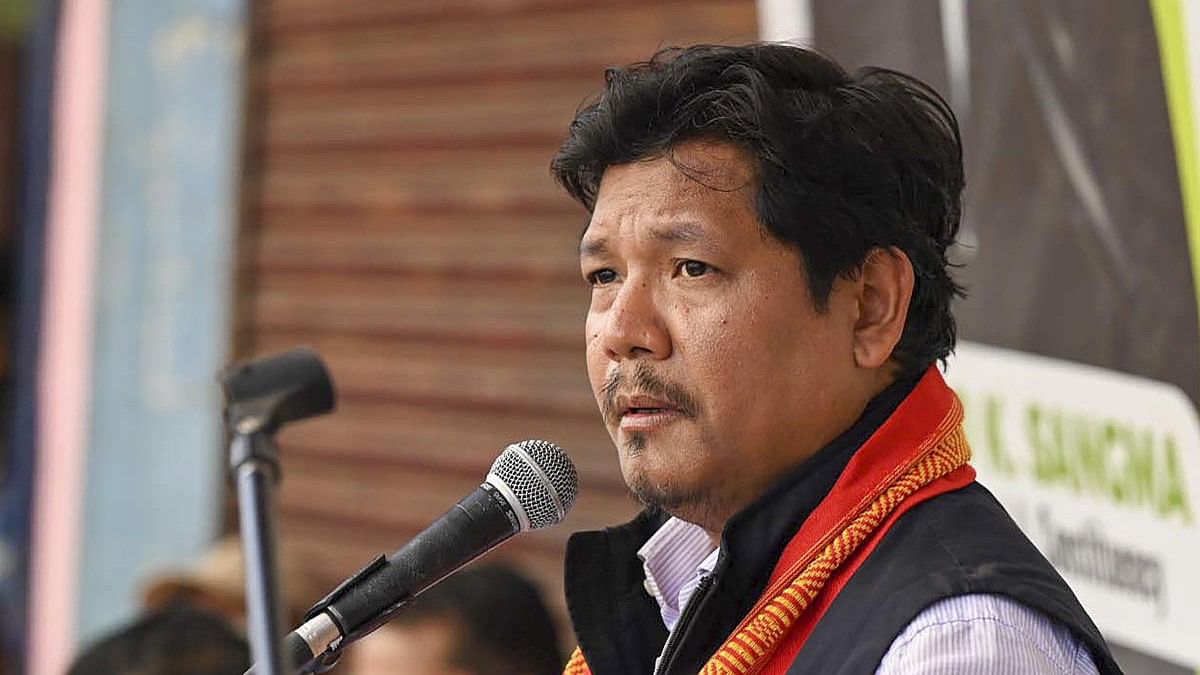
Meghalaya Chief Minister Conrad K Sangma.
Credit: PTI Photo
Shillong: Meghalaya Chief Minister Conrad Sangma on Saturday said the new criminal laws will not affect the jurisdiction and judicial powers of tribal council courts.
The three new criminal laws — Bharatiya Nyaya Sanhita, Bharatiya Nagarik Suraksha Sanhita, and Bharatiya Sakshya Adhiniyam — will replace the Indian Penal Code of 1860, the Code of Criminal Procedure Act of 1898, and the Indian Evidence Act of 1872, respectively, on July 1.
"We are replacing three pillars of our criminal justice system—the Indian Penal Code, the Criminal Procedure Code, and the Evidence Act—with new laws effective from July 1," Sangma told PTI.
He assured, "The new laws will not impact the existing laws of the district councils." Sangma emphasised that the laws and powers of the district councils, including their jurisdiction, will remain unchanged.
Meanwhile, a senior officer told PTI that since the state’s official language is English, the new laws are not being translated into the local Khasi, Jaintia and Garo languages.
Meghalaya is governed by three tribal councils—the Garo Hills Autonomous District Council, Khasi Hills Autonomous District Council, and Jaintia Hills Autonomous District Council—which oversee 99 per cent of the state's area. The remaining are non-scheduled areas.
Sangma reiterated, "Just as it has been in the past, the laws and judicial powers of the district councils will continue unaffected in the future. There is no question of any impact on these laws." Home Minister Prestone Tynsong recently held closed-door meetings with senior police officers, and awareness sessions are being conducted statewide for law enforcement personnel, lawyers, and relevant officers.